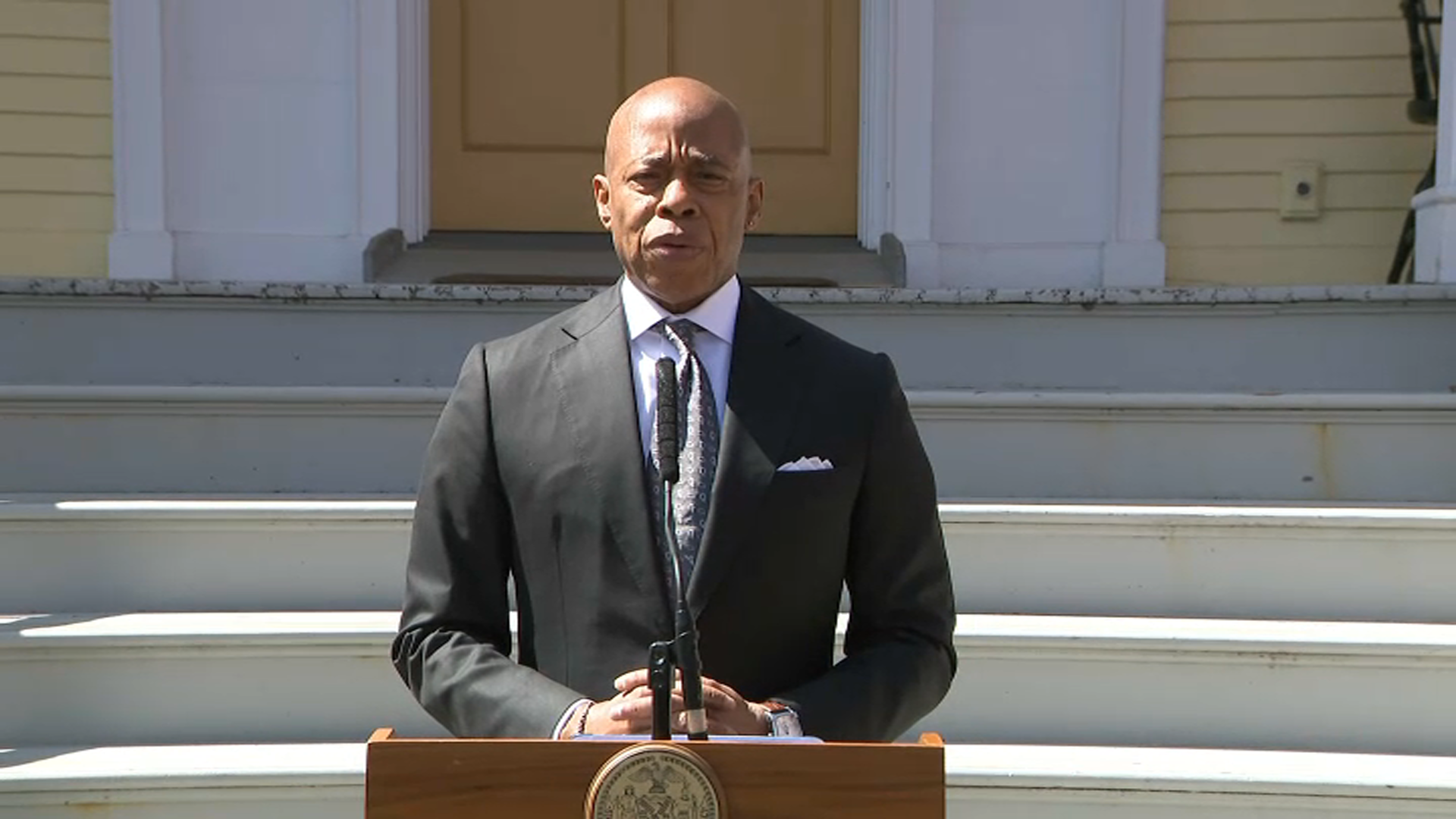Two judges broke ethics rules by dining on numerous occasions with a public official who was under indictment for corruption, New Jersey's Supreme Court ruled Wednesday as it used the case to toughen rules of conduct for judges.
The high court didn't impose sanctions on state Superior Court Judge Raymond A. Reddin and Paterson Municipal Court Judge Gerald Keegan, but added language to bring New Jersey's rules governing judicial conduct more in line with other state courts and the federal judiciary.
According to Wednesday's ruling, Reddin and Keegan regularly met for dinner at a Passaic County restaurant with a group that included Anthony Ardis, an official with the Passaic Valley Sewerage Commission who has known both men for decades. Ardis was indicted in 2011 and charged with official misconduct for allegedly having subordinates perform home improvement projects for his friends and family.
Reddin and Keegan kept meeting with Ardis and the others after Ardis was indicted. Reddin sits on the bench in Passaic County, where Ardis was charged. The ruling noted both judges have unblemished records and didn't engage in any impropriety.
In Wednesday's ruling, the Supreme Court justices added language to the judicial code of conduct to read, "Would an individual who observes the judge's personal conduct have a reasonable basis to doubt the judge's integrity and impartiality?"
Previously, the standard was whether there was "a fair possibility that some portion of the public might (be) concerned" about the conduct in question.
Using the new standard, Chief Justice Stuart Rabner wrote for a unanimous court, "By socializing in public with a defendant who awaited trial on criminal charges, in the very courthouse in which one of the Respondents served as a criminal judge, both Judges in this matter reasonably called into question their impartiality and weakened the public's confidence in the judicial system."
Local
Attorney Raymond B. Reddin, the judge's son, represented his father in the case and said Wednesday he was pleased with the decision.
"For them to change the standard shows this was a unique set of facts and they used this case as an opportunity to provide guidance going forward," he said.
An attorney for Keegan didn't return a message seeking comment.



